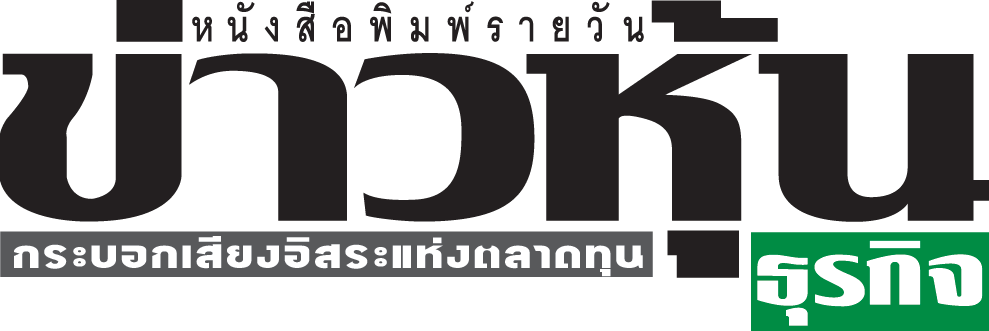
Kaohoon’s Top News on October 19, 2021
Top news from “Kaohoon Turakij Newspaper” to start the trading day on October 19, 2021
– Thai Oil (TOP) will operate its refinery at full capacity in 4Q21 as a result of the country’s reopening and economic recovery, which increased oil demand while improving the refinery margin and aromatics. Regarding jet fuel, the outlook is favorable. Analysts rate the stock as a “BUY” with a price target of 67-72 baht, anticipating a 3Q21 net profit of 3 billion baht.
– Today (October 19), Heng Leasing and Capital (HENG) began trading on the stock market, with an initial public offering (IPO) priced at 1.95 baht. KBank owns 10% of HENG. The company has a dividend policy of at least 40% yield and plans to increase its portion of car registration mortgage loans, as well as expand its store network to 830 branches from 451 currently.
– Thai Life Insurance submitted a filing to SEC to offer an initial public offering (IPO) not exceeding 2,384,318,900 shares valued at 510 billion baht. Financial advisors Kiatnakin Phatra and Capital Nomura are involved. Thai Life Insurance currently has the most insurance agents, with 66,000 agencies. At the end of the second quarter, net profit was 5.9 billion baht, a 42.3% increase.
– Eastern Polymer Group (EPG) maintains a sales target of 11,000 million baht, up 12-15% year on year, after a superb second quarter (July-September 21) fueled by three major business expansions. The company is planning to revise its full-year target upward as the economic outlook for 3Q and 4Q improves. Analysts recommended “BUY” with a price target of 14-16 baht, anticipating a 410 million baht profit in Q2.
– Srisawad Corporation (SAWAD) is concerned that the “motorcycle hire purchase market” will collapse, resulting in the plant’s closure. According to SCAP executives, if the OCPB imposes the new interest ceiling regulation of not exceeding 15%, the company will face a 27% increase in its average operating cost. Meanwhile analysts stated that if new interest ceiling regulations are implemented, the private sector will be unwilling to take the risk of lending.


